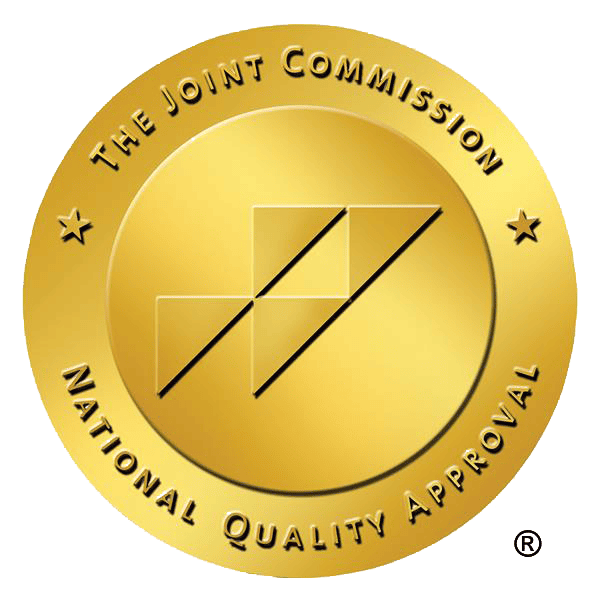“The privilege of a lifetime is being who you are.” – Joseph Campbell
“We can never obtain peace in the outer world until we make peace with ourselves.” – Dalai Lama XIV
Adapted from the writing of Dr. Paul Wong
In the vast landscapes of personal development, one question remains quintessential: Who am I? The ancient philosopher, Socrates, echoed the sentiment, “Know Thyself,” bridging the worlds of philosophy and psychology.
The Keystone of Mental Health: Self-Knowledge
Self-knowledge isn’t just introspective navel-gazing. It’s the bedrock on which we build a purposeful life. Every dimension of psychology, from self-esteem to personal growth, is tethered to how well we understand ourselves.
Why Knowing Yourself Matters
While navigating the complexities of life, understanding one’s core identity is pivotal. It’s a beacon in the stormy seas of decision-making. A lack of self-awareness can lead to pitfalls:
- Settling in the wrong career or relationship.
- Forming addictions or unhealthy bonds.
- Drifting through life without purpose.
- Battling continuous mental unrest.
In contrast, embracing our true selves can transform our lives, gifting us:
- Empowerment to shape our destiny.
- Alignment with our authentic selves.
- A life imbued with purpose, joy, and fulfillment.
Self-Deception: The Hidden Enemy
Beneath our conscious mind, a world of ego defense mechanisms and unconscious biases operates. Carl Jung (1962) elucidated how pride and fear contribute to self-deception. Achieving genuine self-awareness requires confronting and transcending these deceptions, urging us to consider diverse perspectives and embrace the entirety of our being.
From Acceptance to Transformation
Self-acceptance is a catalyst for profound change. This entails recognizing both our potential and our limits. It’s about grounding our self-worth in authenticity rather than external validation. By focusing on internal growth, we can achieve a meaningful life beyond material successes.
Discovering the Multifaceted You
Our identity surpasses our job titles, achievements, or challenges. It’s an ever-evolving confluence of physical, psychological, social, and spiritual dimensions. Central to this journey of self-discovery is understanding our life’s purpose, which shapes our future trajectory.
Cultivating a Robust Self-Concept: Steps to Consider
- Recognize your inherent worth.
- Believe in your potential for growth.
- Embrace both your strengths and vulnerabilities.
- Prioritize relationships that nourish your soul.
A Week of Introspection
- Seek feedback: Approach someone you trust and ask them to describe you in one sentence.
- Delve deep: Dr. James Hollis suggests daily journaling to explore and understand your psyche’s nuances. Reflect on the day’s events, emotions, and their roots in your personal history.
At the week’s culmination, revisit your reflections and insights. Share them with trusted peers or groups to deepen the exploration.
Conclusion: Investing in Yourself
Embracing who we truly are is the most significant investment we can make. Happy individuals are in harmony with themselves (Wong, 2014). Through introspection and understanding, we can embark on a fulfilling journey to the heart of our true selves.
For individuals seeking assistance on their journey to self-discovery, The Prairie Recovery Center is a sanctuary offering support and guidance.








